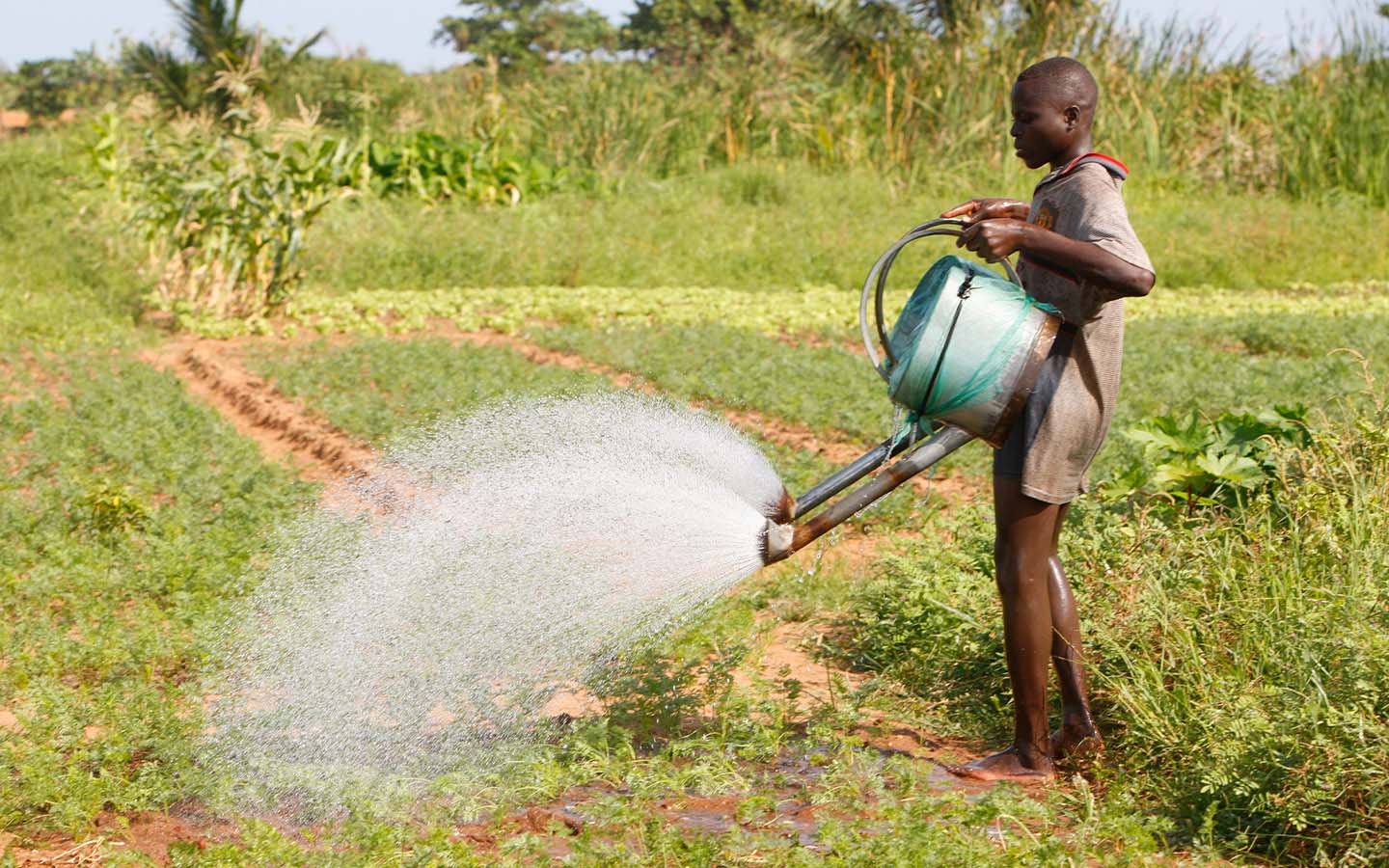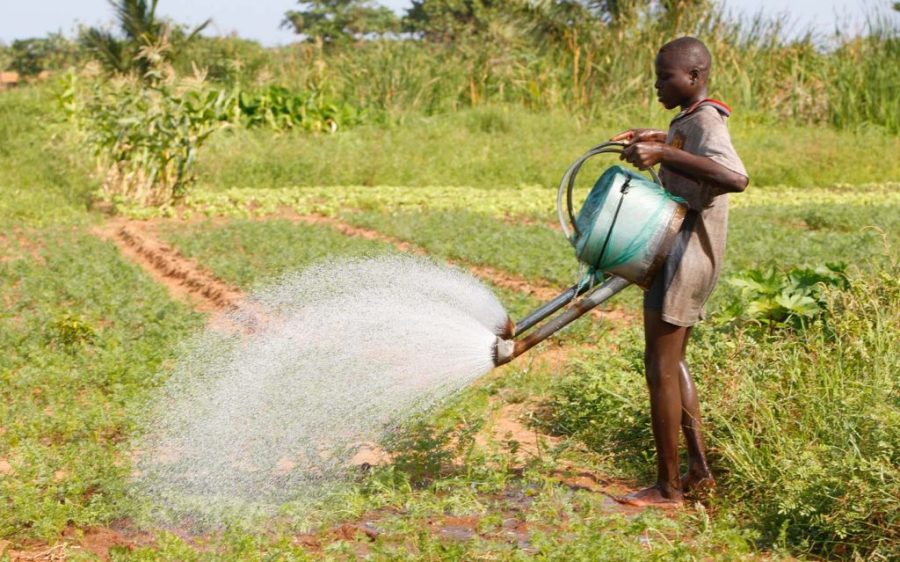A landmark review reveals a looming water crisis that threatens global food production, requiring urgent international action to conserve resources and protect ecosystems that supply fresh water.
According to the 194-page report from the Global Commission on the Economics of Water, cited in the Guardian, more than half the world’s food production will be at risk of failure within the next 25 years. People are also at direct risk as demand for fresh water will outstrip supply by 40 percent by the end of the decade, adding to the more than 2 billion people already suffering from lack of access to safe drinking water. A coordinated global response is needed, the commission argues, to effectively address this threat due to the interconnected nature of the global water system.
“We have to think radically about how we are going to preserve the sources of fresh water, how we are going to use it far more efficiently, and how we are going to be able to have access to fresh water available to every community, including the vulnerable,” President Tharman Shanmugaratnam of Singapore, and a commission co-chair, told the Guardian.
[See more: The last 12-months had temperatures 1.5°C above the pre-industrial era average]
Preserving sources of fresh water entails protecting the rivers and lakes, but also forests and other plant ecosystems. Around half the world’s rainfall over land comes from healthy vegetation that transpires water back into the atmosphere and generates clouds that then move downwind. “The Chinese economy depends on sustainable forest management in Ukraine, Kazakhstan and the Baltic regions,” Professor Johan Rockström, director of the Potsdam Institute for Climate Impact Research and a commission co-chair, told the Guardian, illustrating the interconnectedness of business and the global ecosystem.
More efficient use can be encouraged through changes in subsidies. More than US$700 billion in subsidies each year go to agriculture, a substantial proportion of which encourage irrigation. Industry similarly has its water use subsidised and a staggering 80 percent of wastewater is not recycled. These subsidies should be ended, experts say, and money directed toward more targeted to vulnerable communities that need help accessing water.
Financial support to developing countries is key to address all aspects of the water crisis among the most vulnerable populations. The report argues that we need to open up financing for developing countries to overhaul their water systems, providing safe water and sanitation, protecting the sources of fresh water, and tying loans to improved water management.






